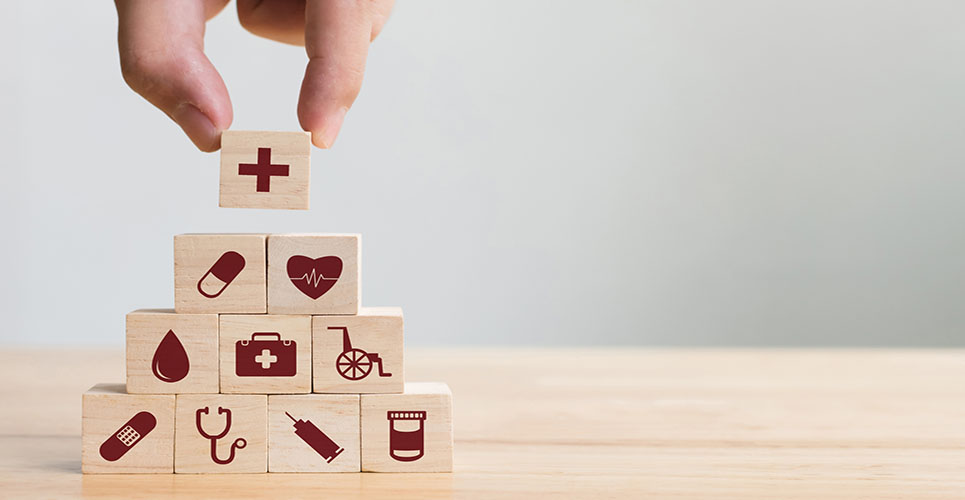teaser
In the previous blog we took a look at the lighter side of growing old. Indeed, as I wrote to my friend who sent me this amusing missive I really believe that the date of birth that appears on your passport is of minor importance. Our wise sages taught us that some things need to be taken care of at certain ages and maturity definitely brings with it wisdom. Nevertheless, we must avoid being trapped in paradigms and truisms that various things must be finished by a fixed age and other things are not to be attempted until a predetermined number of years of life have passed. One is never too old or too ill to give and receive great pleasure in life. Or is that not true? What about cancer patients? How happy and fulfilled can their lives be?
Let me preface the answer with a somewhat surprising fact. The incidence of suicide amongst cancer patients is much lower than that of the ‘healthy’ population. In my personal experience I do not recall even one incident of a cancer patient taking his or her life, no matter how bleak the outlook seemed to be. Cancer patients on the whole have a certain optimism and a much greater will to live than most people seem to expect. During my years working in hospitals as a clinical oncology pharmacist I met many cancer patients. Some survived, others did not. But with almost no exceptions, every one of them viewed each and every day as precious. I clearly remember the mathematics professor who prepared her lectures whilst receiving chemotherapy and how she attempted to explain to me some of the more obtuse points of advanced calculus. Then there was the director of the National Bank who came in for his 5FU and leucovorin shots at 6am in order to get to the bank before any other staff member. He swore us to secrecy about his treatment. One patient, the owner of a granola factory, always came by early in the morning to bring me a cup of coffee and leave me his already-read newspaper and ask me how I felt today! We had pharmacists who were on the staff of our very own pharmacy who received chemotherapy in the morning and were working in the dispensary by the afternoon. The only difference that I ever sensed in my patients was a very definite awareness that they had a lot left to achieve and the ‘possibility’ that they had a little less time to do it in. There was never a sense of self pity or despair.
How sad then to learn from a study that much precious time is unnecessarily lost to cancer patients simply by waiting. A study of 763,000 cancer patients recently published in the Journal of the National Cancer Institute sheds new light on the hours lost travelling to, waiting for and receiving both in-hospital and outpatient care. Over and above the time spent actively receiving chemo- or radiation therapy, blood tests, cancer scans, surgery, checkups, driving to medical appointments or just waiting one’s turn, there are the lost days spent at home recovering from surgery or chemotherapy. Battling cancer utilises a lot of time! The study estimates that at least 368 hours are wasted unnecessarily in the first year after diagnosis with ovarian cancer; 272 hours whilst being treated for lung cancer and 193 hours for kidney cancer. Much of this loss could be avoided with better management. We who live in a world of instant communication should surely be able to dream up ways to pull back some of those hours. Computer programmes can help pharmacies prepare chemotherapy ‘up-front’. Even if the occasional patient is a ‘no-show’ the overall gain outweighs the occasional discarded treatment and reduces the time patients have to wait to receive their chemotherapy. Moreover, rather than bring patients into tertiary care centres with all the troubles that it entails (including finding a parking place) we could move treatment into suburban and local daycare clinics close to their homes. Using pharmacy outsourcing chemotherapy can easily be delivered to such clinics.
Home chemotherapy frees certain suitable patients from going to work or school whilst receiving chemotherapy through infusors and pumps. However, such programmes are fairly limited. Could we not invest more into these programmes? And also, why are we not working harder on producing additional oral chemotherapy drugs?
Time is precious, even more so when it is short. It is our mandate as healthcare providers to make sure that not even one second of it is unnecessarily wasted. With a little imagination and a lot of efforts we could do much better for our patients. There really is no time to lose.

